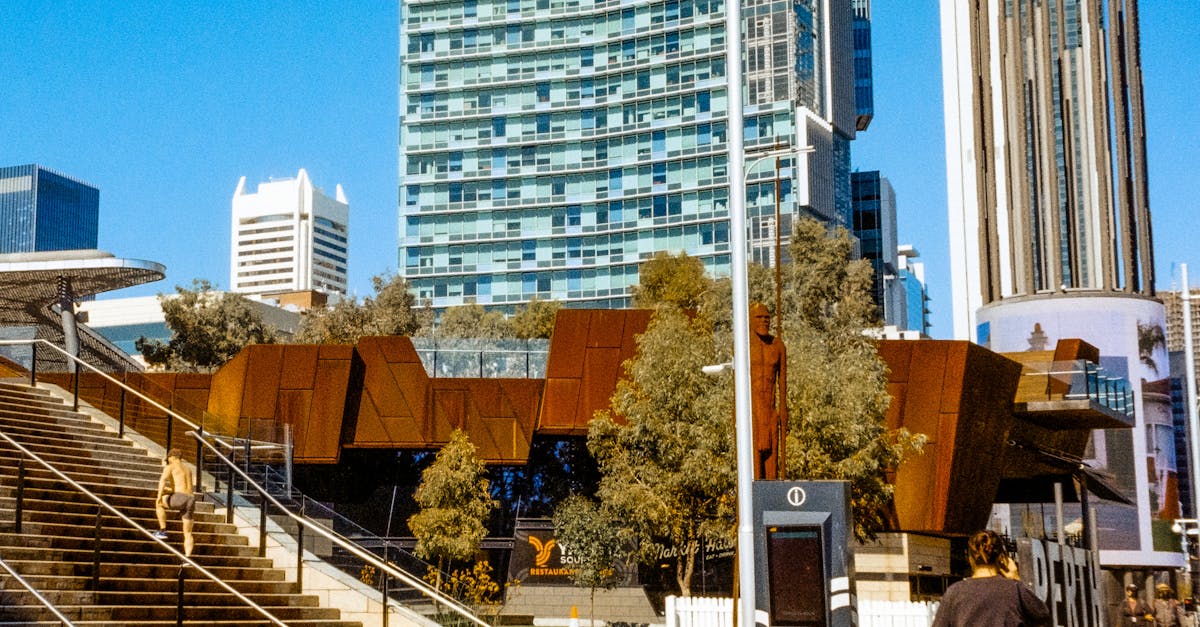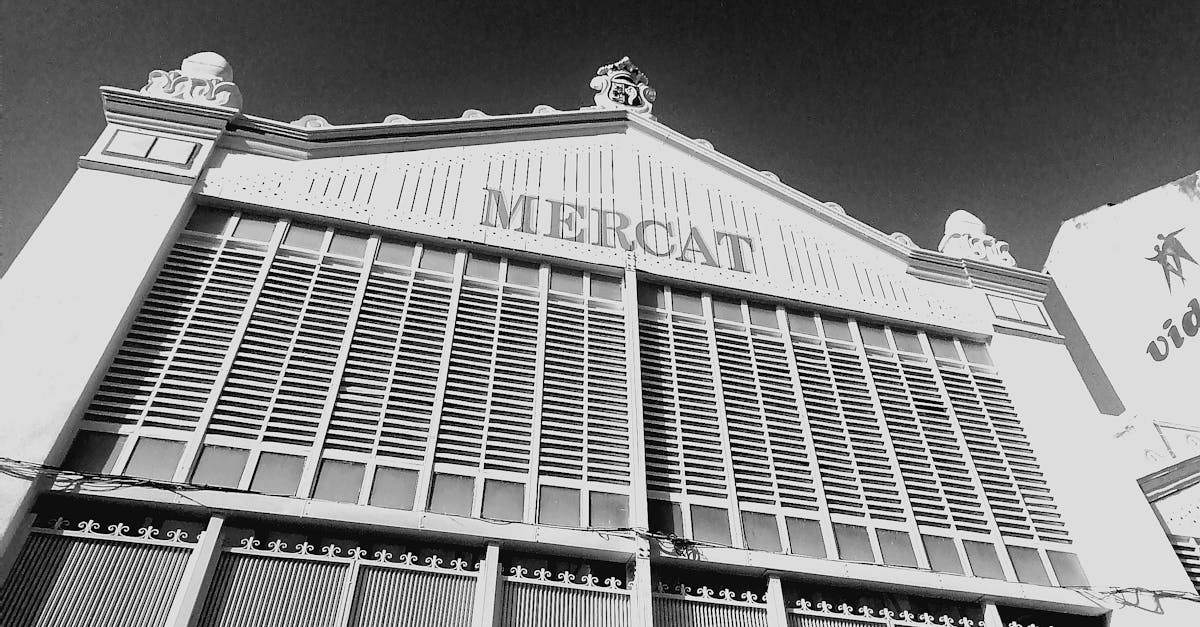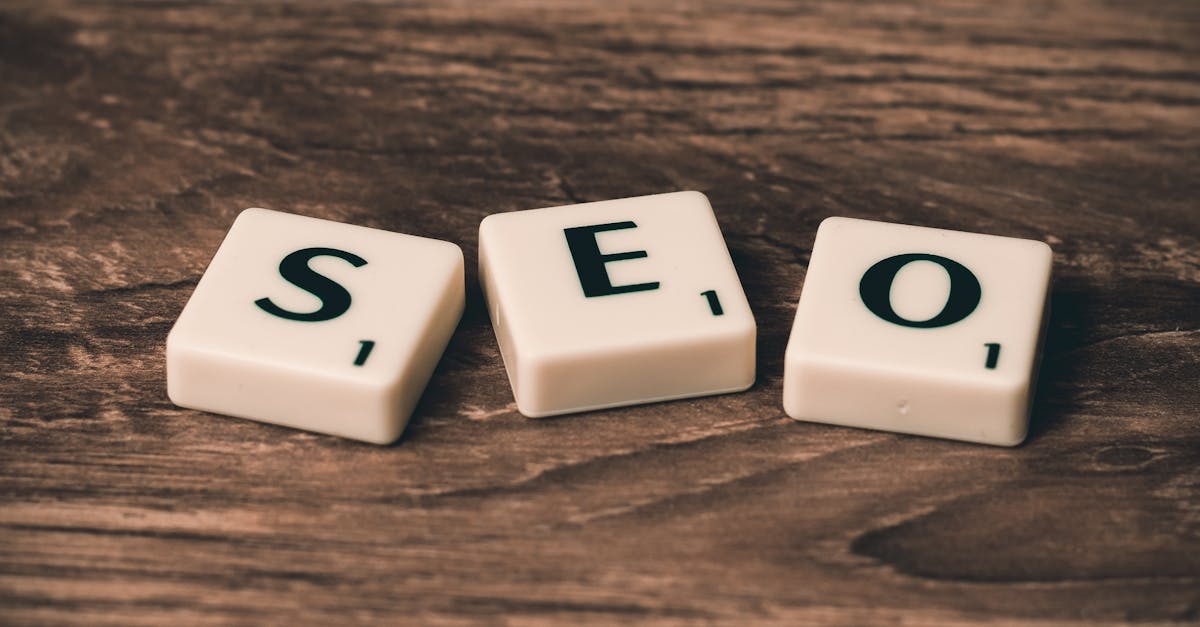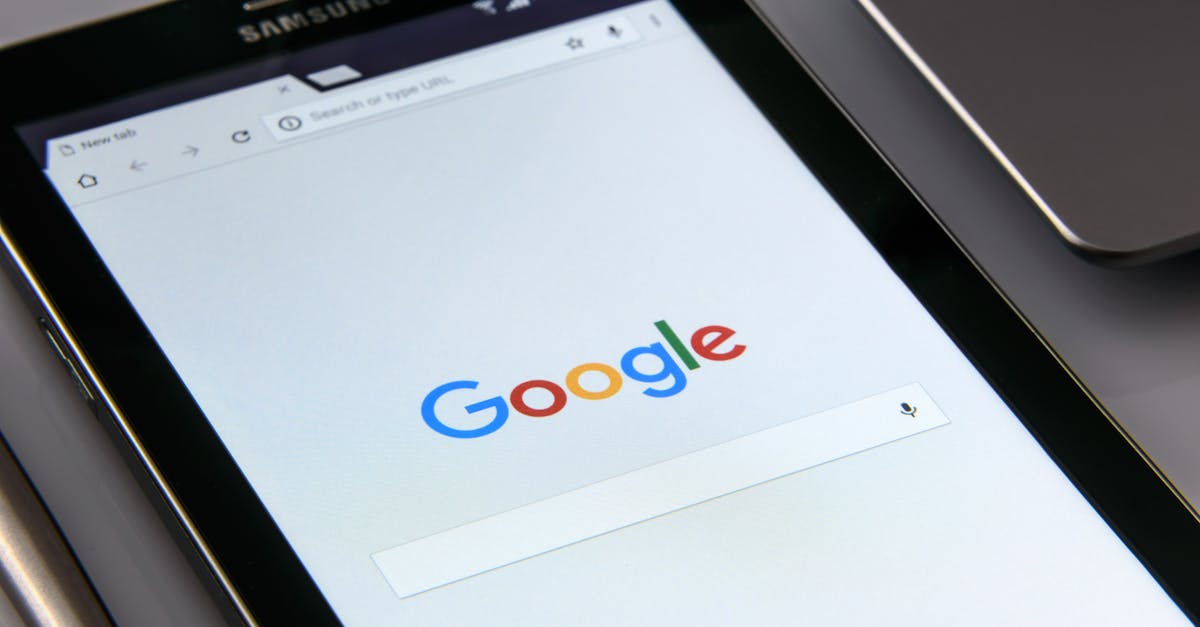
Table Of Contents
The Role of Ad Relevance in CPC
Ad relevance plays a crucial role in determining the cost per click (CPC) for Facebook ads. When ads resonate well with their target audience, they tend to receive higher engagement rates. Facebook rewards advertisers with lower CPC when their ads are deemed relevant, creating a direct link between the quality of the ad and its associated costs. This means that focusing on creating high-quality, targeted content can significantly optimise your advertising budget.
In the realm of Pay-Per-Click (PPC) Advertising, understanding the nuances of ad relevance is essential for success. Advertisers should consistently assess their audience’s preferences and behaviours to tailor their ads effectively. By ensuring that the messaging aligns with what users are looking for, businesses can enhance their ad performance, leading to both lower costs and better results. The importance of maintaining high relevance cannot be overstated, as it is a key factor in achieving an efficient advertising strategy on Facebook.
How Facebook’s Algorithm Affects Costs
Facebook’s algorithm plays a significant role in determining the costs associated with Pay-Per-Click (PPC) Advertising. The algorithm evaluates various factors such as ad quality, relevance to the target audience, and the expected action rate of users. Higher relevance and engagement levels can lead to lower costs since Facebook rewards advertisers who provide meaningful content to users. Advertisers with well-targeted ads often experience a reduced cost-per-click, making their campaigns more efficient.
Moreover, competition within the ad ecosystem heavily influences cost dynamics. If many advertisers are bidding for the same audience, the competition drives prices upward. Facebook’s system functions on an auction basis, meaning that advertisers must compete not only on their bid amounts but also on the overall quality of their ads. Consequently, those who understand and optimise their campaigns according to the algorithm can manage to keep their CPC lower while achieving effective reach and engagement.
Competitor Analysis and CPC
Understanding your competitors in the realm of Pay-Per-Click (PPC) Advertising is crucial for developing an effective strategy. Analysing their ad performance provides insights into what works and what doesn’t within your industry. Look at factors such as their targeting choices, ad formats, and engagement rates. This research can reveal gaps in the market where your business can flourish. Tracking their keywords and bidding strategies also allows you to adjust your approach for a more competitive stance.
Ad performance is not solely determined by your efforts but also heavily influenced by the wider competitive landscape. When rivals increase their budget or refine their targeting, costs may rise accordingly, affecting your CPC. Monitoring competitor movements enables you to adapt your campaigns promptly, ensuring your advertising remains effective. Regularly assessing competitor behaviour not only aids in optimising your budget but also enhances your overall strategy amid a dynamic market.
Identifying Your Competitors' Strategies
Understanding your competitors’ strategies can provide valuable insights into your own Pay-Per-Click (PPC) Advertising campaigns. Observing their ad creatives, messaging, and target demographics helps in identifying what resonates with your shared audience. Additionally, tools such as Facebook Ad Library allow you to view active ads from various businesses, giving you a clearer picture of industry trends and approaches.
You can also analyse competitors’ engagement rates and content themes to evaluate their effectiveness. This data can reveal gaps in their strategy that you could exploit. By tracking their promotional tactics and assessing their strengths and weaknesses, you can refine your own PPC Advertising tactics for better performance and results.
The Impact of Ad Placement on CPC
Ad placement significantly influences cost per click (CPC) in Facebook’s advertising landscape. When advertisers choose where their ads appear, they not only affect visibility but also the competition for those slots. Various placements, such as the news feed, stories, or partner networks, can lead to differing CPC rates. Advertisers need to consider which placements yield the best engagement for their target audience while balancing associated costs in their Pay-Per-Click (PPC) advertising strategy.
Optimising ad placements can enhance your overall campaign performance. Each placement interacts uniquely with Facebook’s algorithm, influencing how ads are served. By testing different placements, advertisers can identify the most effective options that deliver better results without escalating costs. Aligning ad content with the preferences of users in specific placements can further drive down CPC and improve return on investment.
Comparing Different Facebook Advertising Options
Facebook offers various advertising options that can significantly affect your overall cost per click (CPC). These include sponsored posts, stories, and video ads, each with unique advantages and pricing structures. Your choice depends on the target audience and the format that best captures their attention. Sponsored posts, for instance, often perform well for engagement, especially when visually appealing. Video ads typically drive higher viewer retention, but they may come at a different CPC due to production costs and viewer engagement levels.
Pay-Per-Click (PPC) Advertising on Facebook allows brands to pay only when users interact with their ad. This model can be advantageous, as it encourages advertisers to focus on creating compelling content that resonates with their audience. Additionally, the ability to optimise ads based on placement, audience demographics, and engagement data can lead to more efficient spending. By carefully analysing performance metrics, advertisers can adjust strategies to improve CPC results across the various options available on the platform.
FAQS
What is considered a good cost per click (CPC) for Facebook ads?
A good CPC for Facebook ads can vary widely based on factors such as industry, audience targeting, and ad relevance, but generally, a CPC ranging from AUD 0.50 to AUD 3.00 is considered acceptable for many businesses.
How does ad relevance affect my CPC on Facebook?
Ad relevance plays a significant role in determining your CPC. Higher relevance scores can lead to lower costs, as Facebook rewards ads that resonate well with the target audience by giving them more visibility at a lower price.
Can I influence my CPC through ad placement?
Yes, ad placement significantly impacts CPC. Different placements, such as the News Feed or Stories, can have varying costs. Testing different placements can help you identify which options yield the best results for your budget.
What should I do if my CPC is too high?
If your CPC is too high, consider optimising your ad content for relevance, improving your targeting to reach a more specific audience, and experimenting with different ad placements or formats to reduce costs.
How can I assess my competitors' CPC on Facebook?
You can use tools like Facebook Ad Library to observe your competitors' ads and gain insights into their strategies. While specific CPC data may not be available, you can infer about their spending and effectiveness through their ad frequency and engagement levels.

















































